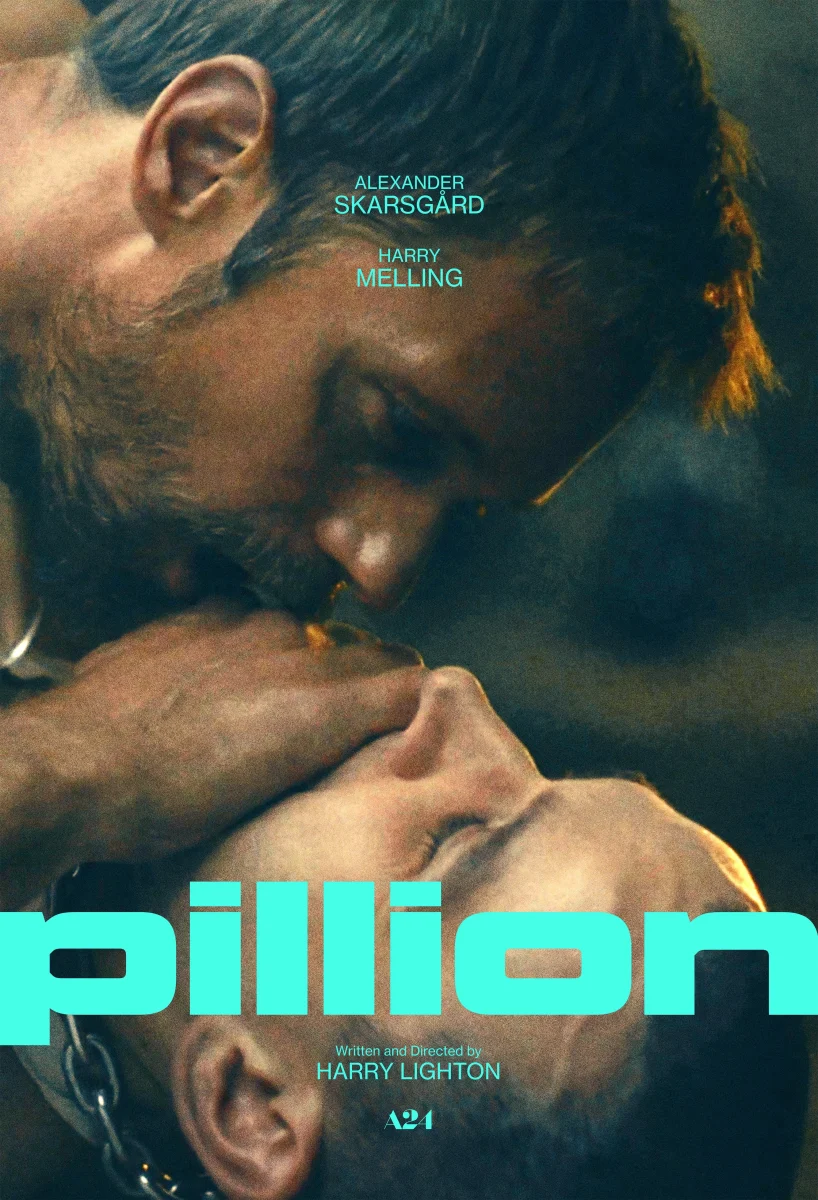What does it mean to call a writer “American”? It’s a word bandied around when talking about E.L. Doctorow, but it’s difficult to understand what that precisely means in this day and age, and attempting to describe an oeuvre of work as such is reductive and narrow. Unfortunately, Doctorow’s latest novel, Andrew’s Brain, falls victim to the so-called American-ness its writer is said to embody.
Fundamentally, the book is a conversation between Andrew, a cognitive science researcher, and an unnamed psychiatrist at an unknown place and time. Andrew gave up his second baby to his ex-wife Martha, because of his depression and disaster-prone life, like dropping bottles on someone and breaking their feet, or accidentally killing the first child he had with Martha. The baby is only the tip of the iceberg.
Of course, it’s difficult for the reader to discern this at first, because Andrew refers to himself in the third person until the doctor figures out he’s talking about himself. Afterwards, he still occasionally narrates in the third person, though without consistency. Moreover, there are never any quotation marks used, and occasionally the word “[thinking]” appears as Andrew, presumably, is thinking. These meta quirks of style, interesting at first, are presumably tied to Andrew’s concern with how the brain becomes the mind. Recurring throughout the novel is his insistence that the fundamental question driving cognitive science today is how the nuts, bolts, and neurons of the brain develop into consciousness.
He is also painfully self-aware. He goes off on lectures about the brain, such as when he observes, “Damage to the limbic system inhibits feeling, among other things.… You’re half alive.” When the doctor asks if he feels as though he has been traumatized, he says, coolly, “Only by life.”
If the plot of the book still seems hazy, that’s because the book is hazy. It’s a mix of weirdly detached narration peppered with long stretches of lyrical monologue and meditations, or lectures, on the human brain. Even with the most lyrical observations Doctorow makes through Andrew—and there are many beautiful passages of deftly written prose throughout the book, verging on the elegiac—it’s hard to fit all the many components of the book together; the book swings between plain narrative and highly metaphorical meta-commentary, without ever settling long enough for one or the other to become coherent. Doctorow seems to be striving for atmosphere rather than following a traditional narrative arc. Given that the book is meant to depict the sometimes strange and unhappy life of an ordinary man, this is somewhat excusable.
But Andrew, too, is hazy at best. His character is spread too thin across too many nodes, and it’s difficult to believe his extended probing of the mind-brain question as being relevant to his supposed (and similarly unbelievable) lack of feeling. It says something about a novel when the doctor, who appears only in the form of a question or two every chapter, is easier to imagine than the narrator.
Ultimately, the reader can only sympathize with Andrew and follow his story with more than perfunctory interest if Andrew is seen as America’s everyman. Through Andrew we get a picture of the slow, stupid ignorance at the top levels of our society, with individuals everywhere trapped by their weaknesses and secret failures; a post-9/11 trauma-centric America full of aimless, unhappy nihilism, ceaseless questioning, and a torrent of psychological neuroses. If Andrew is the everyman, what does that say about America?








